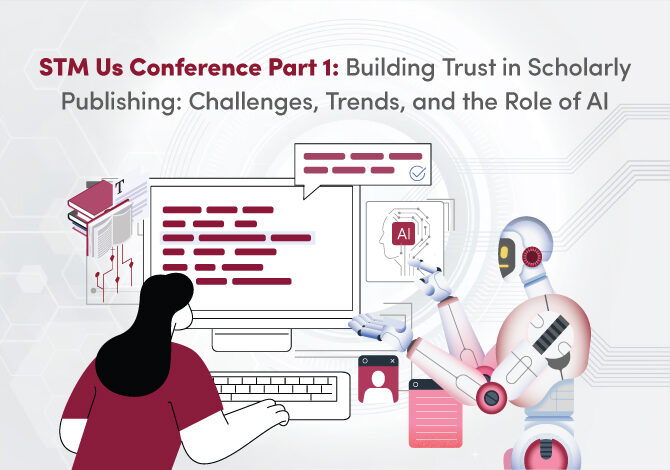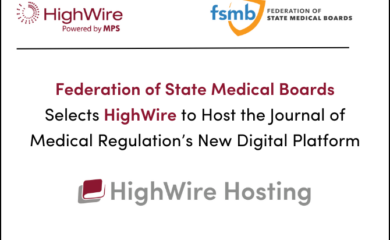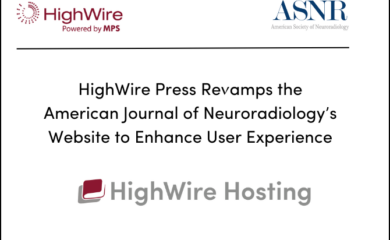From Insight to Action: Trust as Infrastructure in Scholarly Publishing
Reflections on the STM US Annual Meeting 2025
Tony Alves, SVP, Product Management
Meg Waites, Senior Account Director
Attending the STM US Annual Meeting this year renewed our appreciation for the complexity—and urgency—of building trust in scholarly publishing. The theme, “From Insight in Trust to Implementation of Trust,” was more than a tagline. It resonated throughout every panel, presentation, and conversation, underscoring that trust must be actively integrated into our systems, standards, and strategies.
Building Bridges: STM Trends 2029
The meeting commenced with the annual STM Trends session, using a powerful metaphor: a fragile landscape marked by sharknados and tectonic rifts, with stakeholders collaborating to build durable stone bridges. These bridges represent coalitions between researchers, funders, publishers, technologists, and even taxpayers—highlighting critical questions of relevance, accountability, access, and accessibility.
The session candidly addressed persistent challenges: widespread disinformation, underutilized trust markers, and insufficient collaboration. Yet, the clear takeaway was the essential nature of persistent identifiers (ORCID, DOI), identity verification tools, and open cultures as foundational elements for building trust. Adherence to academic freedom, the scientific method, and ethical imperatives remain guiding principles in this collective endeavor.
Beyond Papermills: Trust and Research Integrity
Following the trends session, the panel on Questionable Research Practices provided a human-scale perspective, delving into issues beyond papermills, such as data cherry-picking, flawed study design, and the pressures of a publish-or-perish culture. The rise of dual-use research and preprints complicates this landscape further, creating tensions between knowledge advancement and potential misuse.
Panelists emphasized systemic neglect of integrity investigators, who often remain unpaid, unsupported, and viewed with suspicion. Criticisms arose about COPE’s limited enforcement capabilities, prolonged retraction processes, and ambiguous responsibilities between institutions and publishers. The session underscored the need for robust incentives, protections like anti-SLAPP laws, and cultural shifts within research institutions.
AI: Tool, Threat, or Both?
Artificial intelligence featured prominently throughout the meeting, epitomized by the Cases in AI, Policy and Trust panel. This session highlighted beneficial AI applications, including fair reviewer assignments, aiding Smithsonian researchers with bioacoustic analysis, and open-source peer review experiments.
However, significant risks were also discussed, such as AI-generated reviews, reviewer collusion, and undetectable deepfakes. The concept of garbage in/garbage out was central, emphasizing that robust solutions integrate AI and human oversight. The session further distinguished philosophical notions of truth from scientific facts and inquiry—a crucial distinction often overlooked publicly.
These themes continued into the SME Publisher AI Panel, where smaller publishers expressed concerns about resource limitations and negotiating power with LLM vendors. Despite constraints, these publishers remain integral to their communities, emphasizing ethical licensing, clear attribution, and critical issues surrounding consent, corrections, retractions, KPIs, and data management post-license expiration.
– By Tony Alves and Meg Waites
Read the next part



